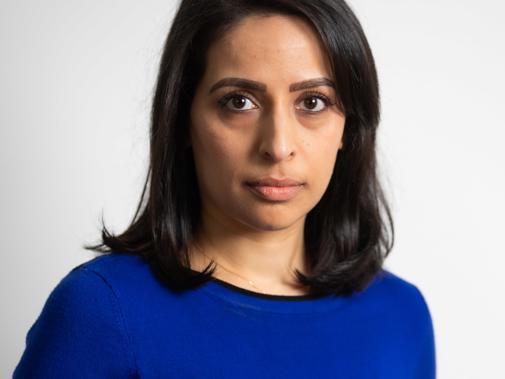One of the BMA’s biggest ambitions is our pledge to end sexism, and all forms of discrimination, in medicine. I think we can quickly make sexism, and other forms of discrimination in medicine, horrors of the past.
On 27 April we met with 48 representatives from 40 organisations from across the health and care landscape in a bid to discuss best practice, share our learning and challenge colleagues and partners to do much better on tackling sexism and discrimination in medicine.
These organisations have all signed up to the BMA’s pledge to end sexism in medicine – a pledge which recognises the barriers medical students and doctors face around gender-based discrimination.
The pledge follows a sexism in medicine report the BMA produced in 2021 after working with Chelcie Jewitt, co-founder of the Surviving in Scrubs campaign, who had gathered an array of testimony of sexist behaviour from women doctors across the NHS.
The subsequent survey found that a shocking 91 per cent of women doctor respondents in the UK had experienced sexism at work with 42 per cent feeling they could not report it. What we found in that room was a group of people, and a collection of organisations, who agreed that we needed change and were prepared to advocate for their members and support us in our mission.
One of the ideas we discussed, and a suggestion the BMA will look to take forward with partner organisations as quickly as possible, is that we look to link sexism in medicine to ARCP (Annual Review of Competency Progression) and to revalidation. ARCP takes place every year if you are a junior doctor and revalidation is every five years depending on when you graduated and if you are a GP or a specialty doctor.
If it was linked – if every time you ARCP or went through revalidation there was a list of complaints against you – that would make change happen. I see two fantastic benefits to a process like this.
Not only would we quickly make sexists and misogynists accountable for their behaviour, but we would empower those people who are victims to come forward and speak up – rather than feeling, as so often is the case in the NHS, that they are unheard and uncared for.
It is vitally important we take action in this area. Sexism in medicine is a malign influence and, as Roshana Mehdian-Staffell and other female surgeons recently told The Times, is something many of us have experienced.
Those brave doctors described a ‘boys club’ mentality and detailed the misogyny, discrimination and sexual harassment they had experienced during their training and careers. If you’re involved in one of the organisations who have signed up to our pledge, how are you going to drive change?
Will you take the pledge and hold others to account? And if not, why not? What’s stopping you? To anyone not in positions of power in these organisations, if you are facing sexism please use this pledge.
Together, we can eradicate sexism in medicine – and your BMA won’t stop fighting until we do. Please get in touch and tell me how we can do more – or how we can help you.
You can contact me directly via Twitter or email me at [email protected]
Dr Latifa Patel is chair of the BMA representative body

